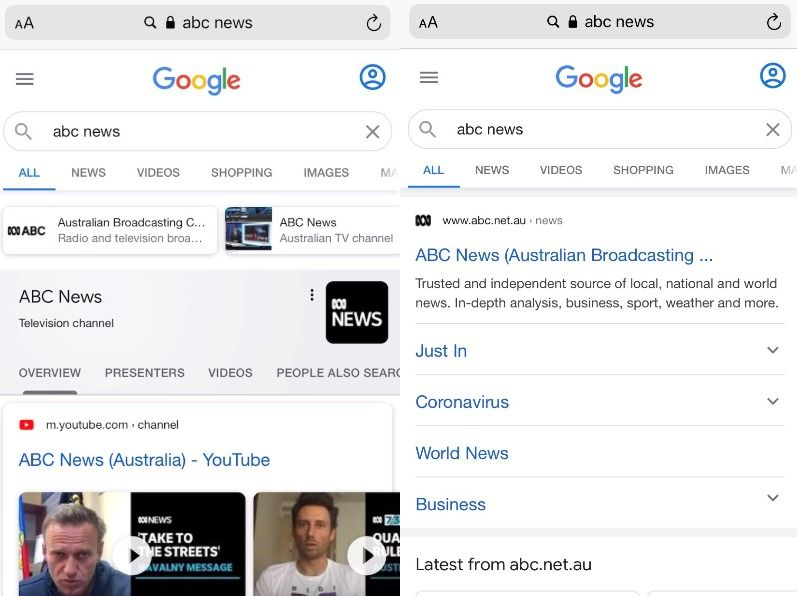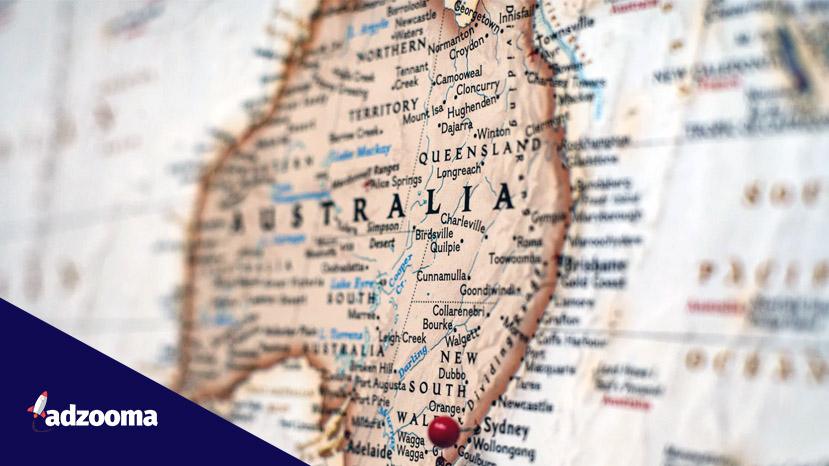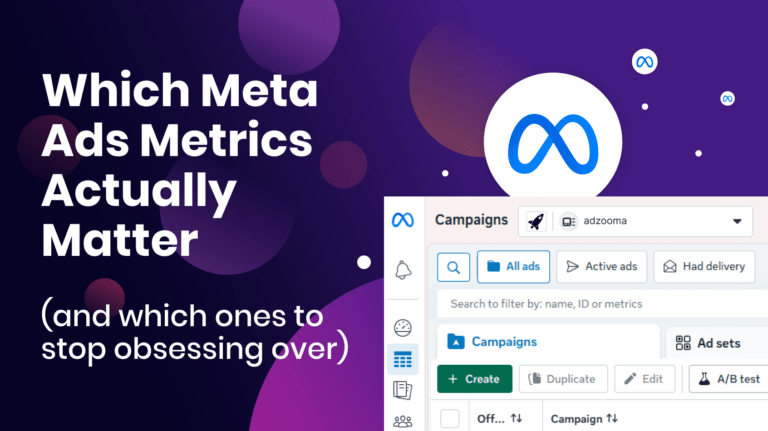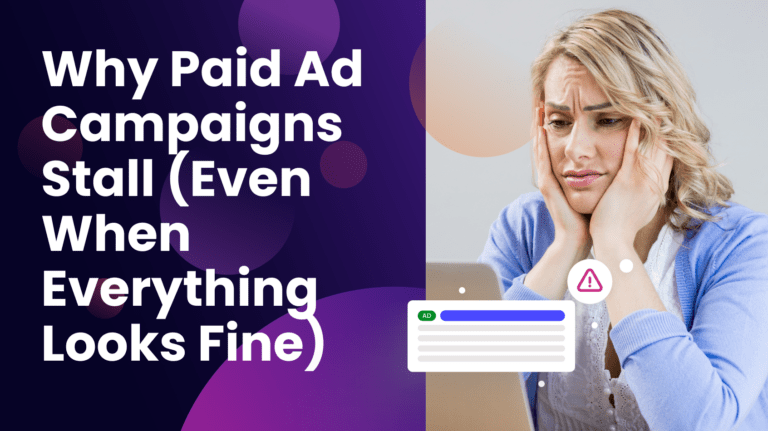Google is only 23 years old but it’s hard to imagine a world without it.
From what started as a Stanford PhD project, Google is now a multi-billion dollar company and at the forefront of multiple technologies.
But with that power comes great responsibility, as a great man once said. Now Google’s power and responsibility is again up for debate as they look to battle the Australian government over its news media.
What happened?
The Australian Parliament is considering a new code of law that would see companies like Google and Facebook have to pay local media outlets for providing their content in search and on social media.
In response, Google threatened to take away access to its search engine in Australia if it went ahead with the policy.
In a press conference, Prime Minister Scott Morrison said they did not respond to threats and “Australia makes our rules for things you can do in Australia”.
What would that mean for Google?
Mel Silva, managing director of Google Australia and New Zealand, said the idea of “unrestricted linking between websites” was key to search and called it an “unmanageable financial and operational risk.”
“If this version of the code were to become law it would give us no real choice but to stop making Google Search available in Australia.”
Having to pay media outlets to place their content on search would cost millions of dollars and not guarantee the most relevant content to users. But Google has seen both sides of the coin in this scenario.
In 2010, Google pulled its search engine out of China after a cyberattack controversy over censorship of search results.
Then, in 2014, the tech giant removed access to Google News from Spain after its government passed a similar law to Australia where news aggregators had to pay the publishers for their stories.
What would that mean for Australians?
Losing access to Google would be huge for Australians, particularly marketers who rely on the search engine for their work.
An Australian looking for a local plumber or gardener would be met with a screen telling them Google was no longer available to them. Online shops would lose custom through paid and organic search. The marketers who worked with these businesses could lose clients and revenue of their own. Even non-commerce sites could be affected where they used Google for their search functions.
It would be akin to taking a species out of an ecosystem or food chain. There would be growing changes to anyone or anything linked to the missing party and it would take time for everyone to adjust or otherwise fold.
In a Sydney Morning Herald article published yesterday, advertisers believe that while Google’s threat could hurt businesses, more competition could help them survive. This hope comes from an Australian Competition and Consumer Commission report that suggested a lack of competition was causing “significant problems” for advertisers and consumers.
The report also stated that Google held at least 50% of all four markets used to buy, sell and publish display advertising. These findings have likely fuelled the requirement of payment for Australian news content.
Is the Australian government justified in its idea?
With an ad tech industry worth over $3.4bn (AUD) and claims that Google’s dominance in those markets has driven up advertising costs, it makes sense that the government would want to find ways to level the playing field. They’re also not alone in their attempt at taking Google on, as Spain and China’s examples show.
But there needs to be more research carried out to make sure there aren’t any better alternatives, from a B2B and B2C perspective. Google is synonymous with search — paid and organic — and a shift to unfamiliar platforms might cause more harm than good.
The United States submitted a comment to the Australian Senate calling the proposed code unreasonable and “fundamentally imbalanced” while S4 Capital founder Sir Martin Sorrell believed the current system would not sustain the local news media sector even if the legislation was passed.
Is Google justified in its response?
There are different perspectives in this story.
From a business POV, Google wouldn’t want to spend vast sums of money on content. It might also show a sign of weakness to investors. From a user experience viewpoint, Google has remained firm in its user-first position. Search results are based on algorithms that provide users the most relevant information for their search queries.
That approach has led to what many call “zero-click queries” where Google provides the answer to a query on the search results page (SERP) without the user needing to click on a link to view the page it comes from. It’s a controversial topic and ABC believe it’s being used in response to Australia’s parliamentary discussions:

The Drum also spotted this and said Google explained it was “an experiment to test the value of Australian news services”.
Alternatives to Google
But wait… Google isn’t the only search engine on the Web. I wrote an article on Google’s search engine rivals back in January last year and there are plenty of alternatives available.
- Microsoft Bing is the second largest search engine in terms of market share (even if that makes up less than 3% compared to Google’s ~90%). The search engine has made a lot of positive changes in recent months as they look to close the gap
- Yahoo! Search is powered by Microsoft Bing but it still offers an alternative although Australian director Yahoo Serious might not be too happy (he sued them in 2000 for trademark infringement and lost)
- DuckDuckGo is the cool kid on the block thanks to its focus on net privacy and being everything that Google isn’t. Its daily search queries have grown from 0.033m in January 2010 to over 67.7m in January 2021.
- Ecosia is a good choice if you care about the environment. The Berlin search engine uses its ad revenue to plant trees where they are needed the most.
- Swisscows, like DuckDuckGo, cares about user privacy and doesn’t store data. It also omits all explicit content and has its search powered by Microsoft Bing like Yahoo!
It’s likely Bing would be the primary choice should Google pull the plug but it’s good to know there’s a variety of alternatives for Australians. This might also give marketers down under some new environments to explore for search traffic opportunities.
Some of the great features include:
- Microsoft Audience Network – a native advertising solution offering advanced audience targeting and brand-specific native ad placements. Microsoft Audience Ads can reach over 16 million unique monthly users in Australia.
- Bing Places for Business – a Microsoft Bing portal for local business owners to list their businesses on the search engine.
- Bing Webmaster Tools – a free tool offered by Microsoft Bing, similar to Google Search Console, allowing website owners to add their sites to the Microsoft Bing web crawler, view site performance and much more.
Find out more information on what Microsoft Ads can do for you and Adzooma’s special offer here.
Final thoughts
In my piece, Google Is Not A Meritocracy, I looked at some of the ways Google has used its dominance for good and not-so-good. One of the points was Google’s effect on local journalism:
“For the Wall Street Journal, Lukas I. Alpert wrote that Google – along with Facebook – was ‘making concessions long sought by news publishers whose business has been hurt by the platforms’ dominance’. The claim was that Google was diverting negative attention from the regulators, rather than helping news outlets out of goodwill.
US law officials launched antitrust investigations into both companies to see whether their online dominance was anti-competition. A meeting is set to take place in November in Colorado.”
That was November 2019. Google is still being investigated as part of an anti-trust lawsuit and its relationship with news publishers is still under scrutiny. Whether the Australian government’s tactics are too bullish or not, their reasoning is legitimate.
There is no meritocracy here, even if meritocracies were a real thing. Google’s power in national advertising markets borders on oligarchical, at least according to the Australian government’s findings. If pushing for parity causes such a problem, perhaps the wider industry needs to be investigated before its bubble bursts like the dot-com boom it survived.




